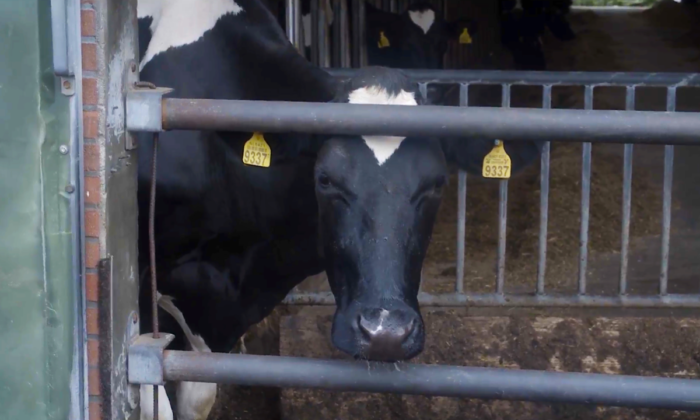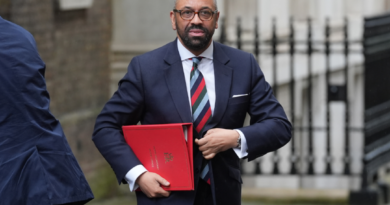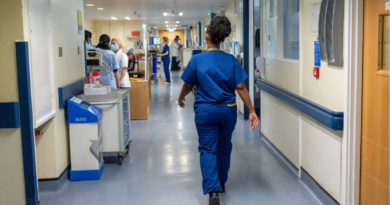EU Approves 700 Million Euro Funding for Dutch Farmers to Shut Down Livestock Farms
The scheme is designed to compensate farmers who choose to voluntarily close farms near Natura 2000, the world’s largest network of protected areas.
The European Commission has given approval for a substantial initiative in the Netherlands to compensate farmers for voluntarily shutting down livestock farms in nature conservation zones.
This compensation plan will be in effect until Oct. 1, 2029, for small- and medium-sized livestock farmers in the Netherlands who voluntarily close their farms in and around Natura 2000, the EU’s flagship conservation area.
Natura 2000 is the largest network of protected areas globally, covering all 27 EU Member States and encompassing over 160 sites in the Netherlands.
To be eligible, sites must meet specific nitrogen emission thresholds to ensure that their closure benefits the environment.
Reducing Nitrogen
The Netherlands has committed to the energy and climate goals outlined in the European Green Deal, which includes achieving climate neutrality by 2050 and a 55 percent reduction in emissions by 2030.
Since last year, the European Commission has been providing significant sums as compensation to livestock farmers in specific regions who agree to voluntarily close their farms as part of the Netherlands’ efforts to reduce nitrogen deposition on nature conservation areas.
In 2022, the Dutch government, under former Prime Minister Mark Rutte, aimed to reduce nitrogen compound emissions by 50 percent by 2030.
This policy sparked significant controversy and opposition from farmers and certain political parties.
Nationwide protests erupted after Rutte indicated that the government’s plans indicated that “there is not a future for all” Dutch farmers under the government’s goals.

In an interview with The Epoch Times in 2022, one dairy farmer in the Netherlands explained that he would need to reduce his livestock numbers by 95 percent to comply with the government’s new environmental regulations.
Another farmer mentioned that the government had required him to remove 12 cows as part of its efforts to reduce phosphate levels, expressing fears that he would have to shut down his farm if more livestock were forced to be culled.
Radical Changes
A new conservative government has since been formed, including The Farmer-Citizen Movement (BBB), established in 2019 following widespread farmers’ protests, and PVV, led by Geert Wilders.
For example, the new government stated that it will not enforce livestock reductions and will not seize or confiscate farms or livestock from farmers against their will.
However, it still maintains a nitrogen reduction strategy with emission targets implemented where deemed necessary for nature conservation purposes.
“Farmers have worked the land, raised livestock, shaped the landscape, and cooperated with nature for centuries,” they emphasized.
They added, “Farmers and growers are professionals, and our policy focuses on their expertise and the overall objective, placing farmers in the driver’s seat.”
Katabella Roberts contributed to this report.





